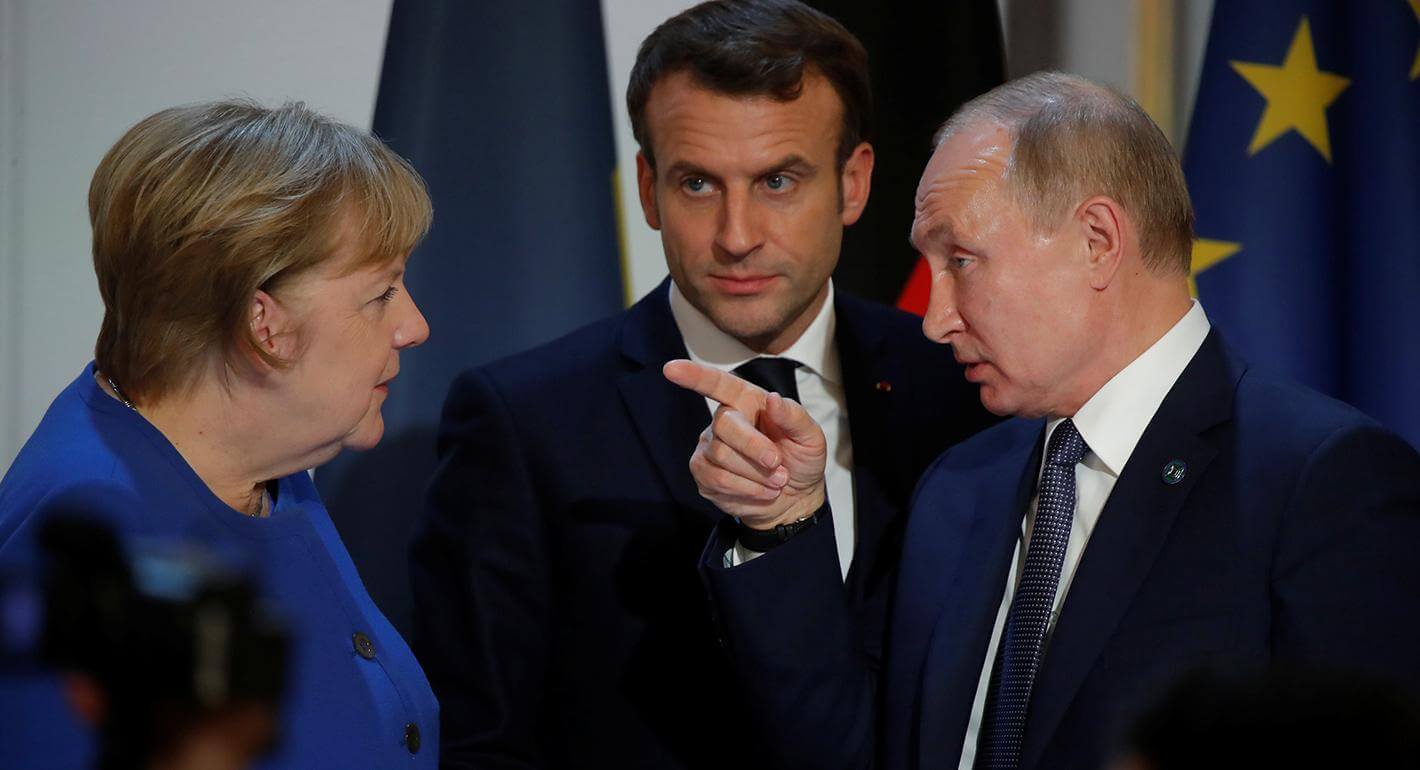The European Union (EU) has rejected France and Germany’s proposal to invite Russia to engage in direct dialogue and reset ties with its eastern rival “to defend the Union’s interests.” The proposal came after the United States (US) President Joe Biden and his Russian counterpart Vladimir Putin met during a highly-anticipated summit in Geneva on June 16.
According to an official statement, the proposal for a summit with Russia was rejected due to a lack of consensus among the members during the European Council meeting on Thursday. However, the EU leaders indicated their willingness to explore “formats and conditionalities of dialogue with Russia.”
The EU expressed concern over Russia’s authoritarianism and aggressive foreign policy after the annexation of Crimea by the Russian Federation in 2014, leading to the suspension of dialogue. The Union then imposed sanctions on Russia, including restrictions on its energy, financial and arms sector, after it was accused of attacking the US and its allies with ransomware and poisoning opposition leader Alexei Navalny.
As per news reports, Estonia and Latvia, who are members of the Union, opposed reaching out to Russia due to the annexation of Crimea and the ongoing conflict in eastern Ukraine, which is sponsored by Russian separatists. The countries are also concerned about the non-implementation of the Minsk Agreement, which was meant to bring peace to Ukraine.
The Prime Minister (PM) of Estonia, Kaja Kallas, while refusing a high-level dialogue with Russia, said: “What our intelligence (service) tells us is that sanctions work and the European Union has to be more patient.” Similarly, Ukraine’s Foreign Minister, Dmytro Kuleba, while rejecting the outreach proposal, said: “Initiatives to resume EU summits with Russia without seeing any progress from the Russian side will be a dangerous deviation from the EU’s sanction policy.”
Although Dutch PM Mark Rutte supported France and Germany’s approach, he refused to meet Putin. Meanwhile, Polish PM Mateusz Morawiecki expressed his willingness to dialogue only if Russia stopped its “aggressive politics.”
On the contrary, France believes Europe cannot resolve disputes with Russia by continuously imposing sanctions. French President Emmanuel Macron said: “We cannot continue without dialogue. We have to talk, including about our disagreements. It’s the only way to resolve them. It’s a dialogue that’s necessary for the stability of the European continent but demanding because we will not give up our interests and values.”
While agreeing with Macron, German Chancellor Angela Merkel proposed a unified mechanism to respond to Russian provocations and engage with the Russian President directly. Merkel also proposed including countries like Ukraine, Western Balkans and Belarus in a joint effort against Russia. Likewise, Austria’s Chancellor, Sebastian Kurz, also expressed his willingness to engage with Moscow.
Russia has welcomed the France-German proposal. Kremlin spokesperson Dmitry Peskov said, “Putin supports the idea to restore the mechanism of direct contacts between Brussels and Moscow.”
Despite frayed diplomatic ties, Russia remains the biggest supplier of natural gas to the EU and engages in dialogue on issues about the strategic interest of Europe, including climate change, Iran, Syria, and Libya. Amid a lack of consensus, the EU leaders agreed on a strict and coordinated response to Russia’s illegal activities while mulling over additional restrictive measures, including economic sanctions.
European Union Members Oppose France and Germany’s Approach to Russia
European Union members opposed France and Germany’s proposal to invite Russia to a summit citing Russia’s aggressive foreign policy towards the bloc and human rights abuses.
June 25, 2021

SOURCE: GETTY
